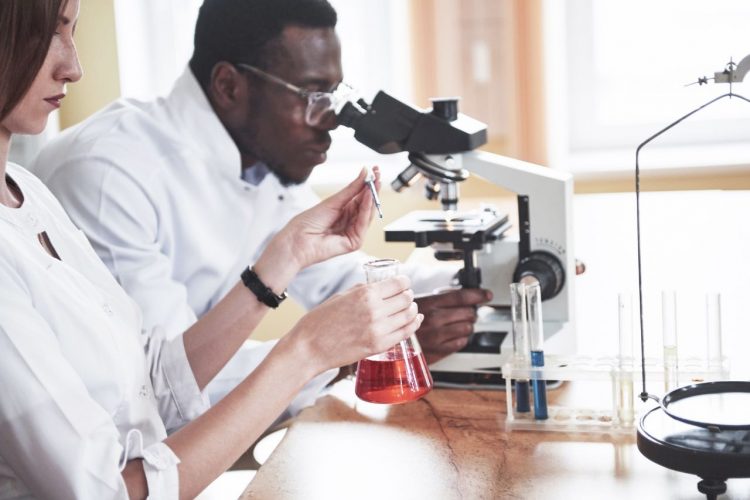Your doctor may refer to both “genetic testing” and genomic testing. Even though they both entail genetic testing, they operate differently.
A saliva, cell, or blood sample is used in a genetic test to look for inherited gene alterations that may increase your chance of developing cancer. A genetic test may be used by your doctor to:
Genomic testing is used to promote good health among individuals, across communities, and entire populations. It is also used to diagnose, monitor, treat, forecast, and prevent disease. The capacity to accurately detect germs, perform screening and molecular diagnostics, and prescribe and track the effectiveness of more precise medicines has all been made possible by technological advancements.
A genetic test may be advised by your doctor, for instance, if the BRCA1 gene mutation runs in your family. If the test is positive, you will be informed that your risk of developing breast cancer is greater and you may require additional screening.
A genomic test takes a more thorough look at your genome, which is your complete collection of genetic “code” or instructions. Your cancer is examined for gene mutations to see how it might behave. Your doctor may be able to determine from a genetic test how quickly your cancer is expected to grow and how likely it is to spread. For this test, your doctor uses a sample of your blood or tissue taken from your cancer.
The nutrition genomic test is what?
The field of nutrigenomics, which investigates how nutrition and genes interact, is booming and transforming people’s lives. DNA tests for diet and nutrition can give us information about foods that can be good for us and ones which can pose a risk of various health disorders. You may be able to obtain your desired level of health by selecting a diet based on your genetic predisposition.
You can learn more about the following aspects with the aid of DNA testing:
Genes, along with a variety of other physical characteristics, are key factors in determining your level of fitness. Your body shape and size are determined by your genes. Genes have a significant impact on an individual’s physical strength and overall fitness. Sporting prowess and aerobic fitness are inherited traits. There are other factors involved in fitness besides food and exercise since athletes inherit the genes necessary for athleticism. Each person requires a strategy that is specifically designed to fit his or her body type and DNA because a standard plan cannot work for everyone.
The following traits are examined in the fitness summary of the genetic report:
Injury risk, strength, stamina, endurance, post-workout recovery, exercise motivation, aerobic capacity, and more









